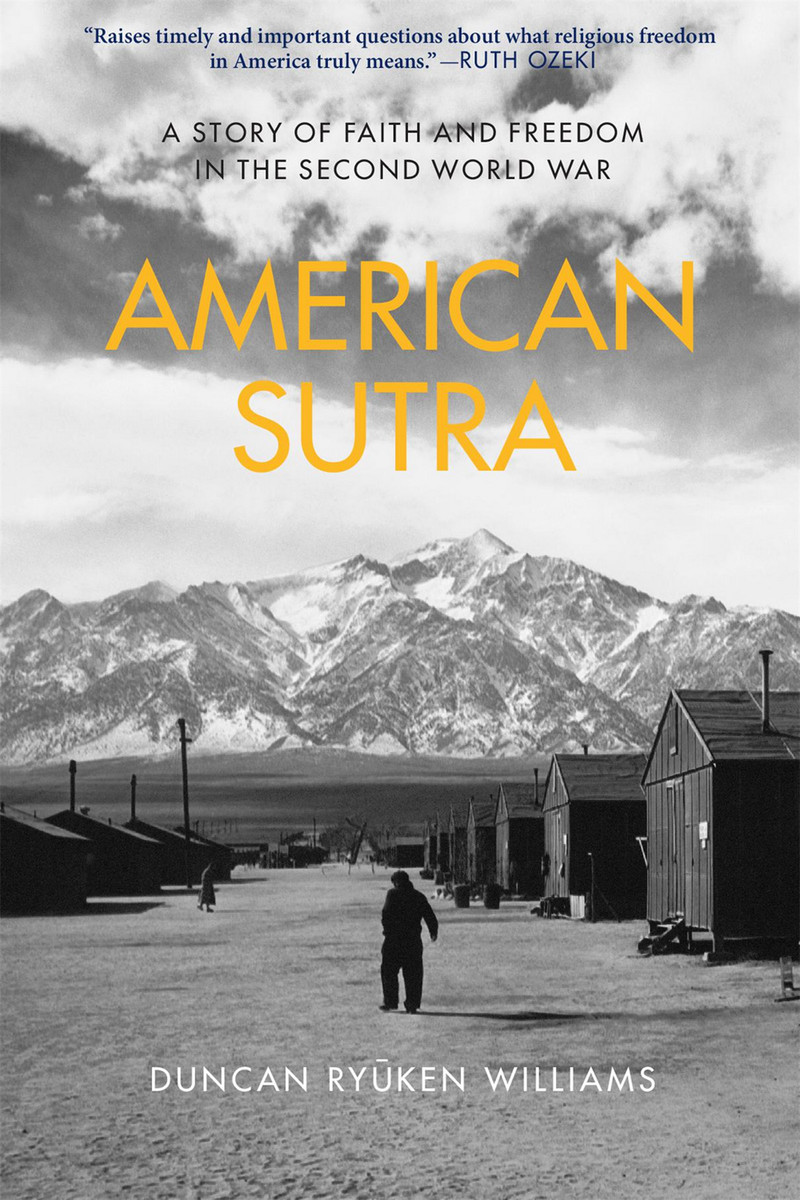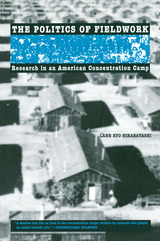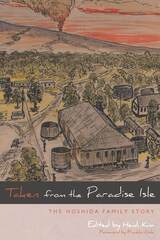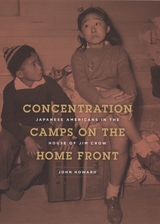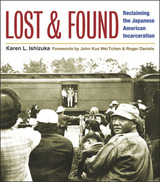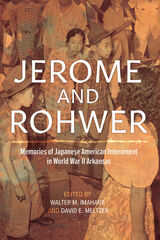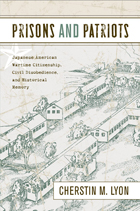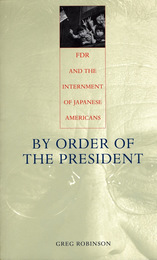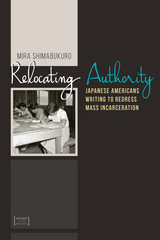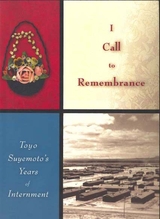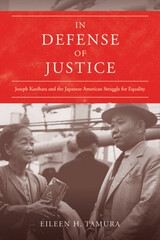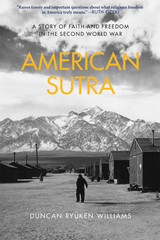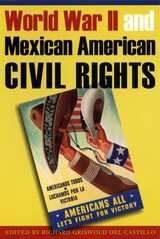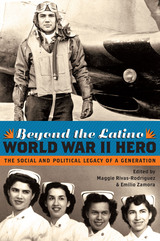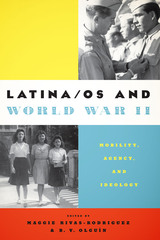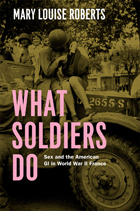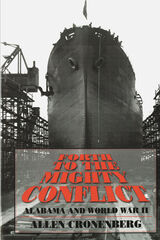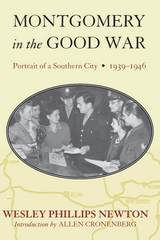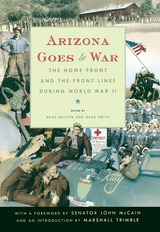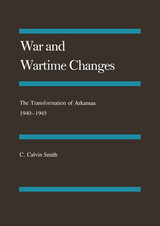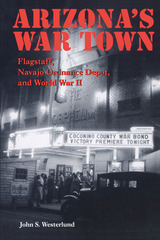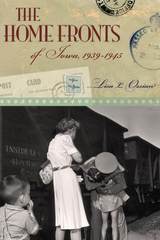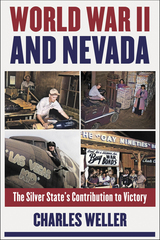American Sutra tells the story of how Japanese American Buddhist families like mine survived the wartime incarceration. Their loyalty was questioned, their freedom taken away, but their spirit could never be broken. A must-read for anyone interested in the implacable quest for civil liberties, social and racial justice, religious freedom, and American belonging.
-- George Takei, actor, director, and activist
In his revealing new history of Japanese American internment, Williams foregrounds the Buddhist dimension of the Japanese American experience. His moving account shows how Japanese Americans transformed Buddhism into an American religion, and, through that struggle, changed the United States for the better.
-- Viet Thanh Nguyen, author of the Pulitzer Prize–winning The Sympathizer
Explores for the first time the significance of religion, particularly Buddhism, among Japanese-Americans incarcerated at Heart Mountain and the nine other camps overseen by the War Relocation Authority…A searingly instructive story about America from which all Americans might learn.
-- Peter Manseau Smithsonian
Williams’ account of Japanese American Buddhists in internment—tales of suffering borne with dignity, and thereby transformed into great compassion—is the fruit of painstaking labor to unearth the buried stories and lives upon which American Sutra has been inscribed.
-- Mark Unno Buddhadharma
Williams delivers a pioneering reinterpretation and retelling of the internment through the lens of religion… A pleasure to read.
-- Choice
Magisterial and engaging…Provid[es] a comprehensive overview of the wartime experience of Japanese American Buddhists—a majority in the camps, U.S. military service, and the community as a whole. He shows how racism and religious intolerance fed on and intensified each other, long before the war.
-- Vince Schleitwiler International Examiner
American Sutra is a critically important, carefully researched, and deeply moving work of scholarship and storytelling that brings to light—from a dark and shameful period in our nation’s past—a forgotten part of our religious and cultural history. This book raises timely and important questions about what religious freedom in America truly means.
-- Ruth Ozeki, author of A Tale for the Time Being
A pioneering work on the history of Japanese Americans during WWII—an instant classic.
-- Tetsuden Kashima, author of Judgment without Trial
Duncan Williams’s book is deep, detailed, and timely, especially at a time when the meaning of ‘citizenship’ in America is still unsettled.
-- Gary Snyder, author of the Pulitzer Prize–winning Turtle Island
American Sutra movingly and insightfully tells the long-buried true history of the ordeals suffered and triumphs achieved by Japanese American Buddhist individuals unjustly dispossessed and interned during WWII who drew on their Buddhist faith to remain loyal to the nation. I cannot recommend this compelling work highly enough for anyone who faces clearly the present-day conflicts of identities and yet aspires to a twenty-first-century vision of America’s still-possible promise for the world.
-- Robert A. F. Thurman, Columbia University
By recounting the struggle of those interned to maintain their faith and traditions in the face of an unforgivable assault on both, American Sutra tells a larger tale of how America’s storied commitment to religious freedom so often clashes with its history of white, Christian exceptionalism. Reading this book, one cannot help but think of the current racial and religious tensions that have gripped this nation—and shudder.
-- Reza Aslan, author of Zealot and God: A Human History
There’s much to praise about this book, but one thing that I find especially powerful is Williams’ impressive archival work—in particular, the research that indicates how much the U.S. government saw Buddhism as a national security threat, even in the years leading up to Pearl Harbor, and how differently Japanese American Buddhists were treated compared to their Christian counterparts.
-- Anxious Bench
Detailed and thoughtful narratives that weave together federal policy and its real-world impact on Japanese American Buddhists and Christians, illuminating the intricate threads that tie Whiteness, Christianity, and American national identity together…Any discussion of race and White supremacy in the United States that does not address religion and Christian supremacy is inherently incomplete, and Williams’ American Sutra does a beautiful job of presenting the two together in ways that both resonate and inform.
-- Khyati Joshi Anxious Bench
Sheds light on an under-researched and under-publicized portion of the story of the internment of Japanese Americans during World War II…Highly recommended reading for all people, especially people interested in interfaith experiences, United States history, specifically the World War II internment, or learning more about Buddhism.
-- Kathryn Nishibaya Anglican and Episcopal History
A compelling and compassionate inclusion of Japanese American Buddhists in the ‘story of America.’…A rich collection of personal trials and triumphs and a model of compassion for its subject.
-- Robert G. Kane H-Net Reviews
Williams’s granular story of Japanese American Buddhists decenters the discourses of American Buddhism that have been historically erased, or that have denigrated the experiences of Asian Americans in favor of valorizing white converts. Furthermore, the book effectively expands the contours of religious diversity in the West—demonstrating the unique ways that war shaped religious practice—and adds a fascinating layer to the entangled histories of race and incarceration in the region.
-- Jean-Paul R. Contreras deGuzman New Mexico Historical Review
A carefully researched and artfully told account of the importance of Buddhism to the Japanese American wartime experience…Williams’ book is a landmark and essential reading.
-- Justin B. Stein Journal of Religion in Japan
